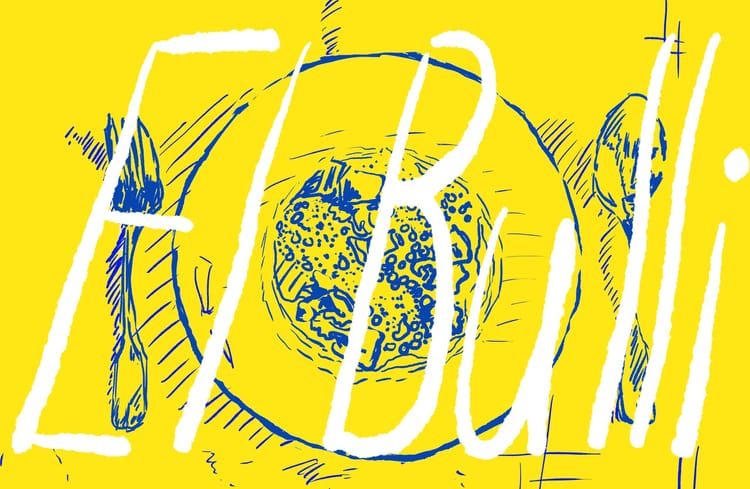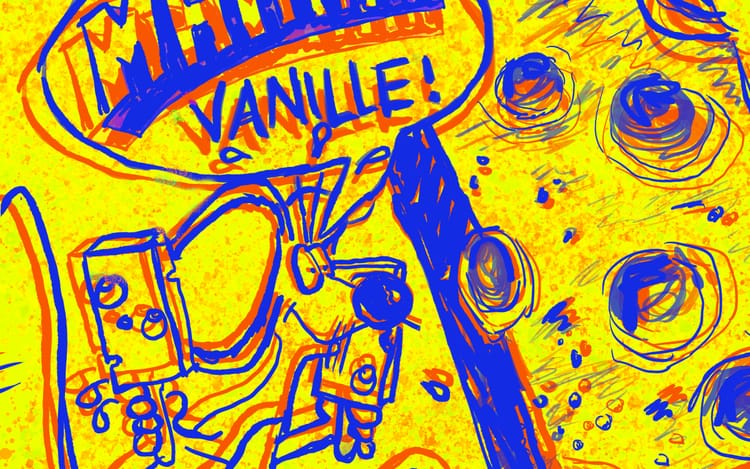Tuesday Obituary: The Gambler

by Sahar Tavakoli
Called it: The Gambler has died, age unknown. Born in an unknown location to unknown parents, he left this world just as mysteriously as he came into it.
A professional physiognomist with an aptronymic name, The Gambler made a living out of reading faces and playing poker. He imposed strict rules when it came to gameplay. Counting one’s winnings, for example, should never take place mid-round nor while in the seated position. Those who play poker, he would often say, ought to learn to play it right. But these were rules for thee. Many, when confronted with a poor hand, might elect to bluff or to fold, The Gambler would opt for a lesser known third thing: running away.
In his 1958 text Personal Knowledge: Towards a Post Critical Philosophy, the physicist, chemist, economist, and philosopher, Michael Polanyi, defined a new category of scientific knowledge, one that preserved such knowledge categories’ reproducibility, but which was otherwise distinct in its irreducibility to language. ‘Tacit knowledge’ is implicit,*explained Polanyi, it is an awareness gained or recalled in use.** In 2013, while talking about Polanyi’s work with a friend, Ian Lawson, I brought up the example of learning how to ride a bicycle. “You can’t write a manual for how to ride a bike,” I’d said. “Yes, you can,” he’d responded, “‘Don’t fall off’”.
The Gambler subscribed to a Lawsonian interpretation of the transmissibility of tacit knowledge. In his last public appearance before his passing The Gambler is on record*** as stating “You’ve got to know when to fold them, know when to hold them”. All true enough in poker and in life. But how does one come to know how to know? If every hand is simultaneously a loser and a winner, how does one divine what to throw away and what to keep? The Gambler would never elaborate.
From the period marking the end of the second world war onwards, the US railway system had been in steady decline. By 1970, most passenger railways in the nation’s midwest and northeast would file for bankruptcy. By the time 1978 rolled in, The US Department of Transport had announced that train travel was no longer relevant to the interests or needs of the American people.**** One wonders if The Gambler was aware, as he boarded a train bound for Nowhere in summer of that same year, that he was also approaching his terminus. The Gambler died in his sleep mid-commute, shortly after bumming cigs and a full bottle of whiskey off a fellow passenger.
The Gambler is survived by Ian Lawson, who I rode a 4 person bicycle with last winter, and by David Byrne whose Road to Nowhere met the changing needs of America’s private commuters and commercial distribution systems.
*Actually, he said it the other way around in his 1958 text: Implicit knowledge is that with a tacit quality. By publication of his 1966 text The Tacit Dimension, the implicit and the tacit had had a little switcheroo.
**Polanyi, M. (1958). Personal Knowledge: Towards a Post-Critical Philosophy. P. 113
***(Self titled)
****https://www.aar.org/wp-content/uploads/2020/07/AAR-Chronology-Americas-Freight-Railroads-Fact-Sheet.pdf




Comments ()